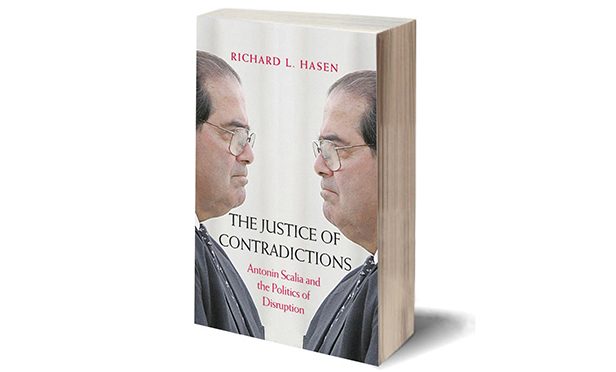Benjamin Rosenberg

February 21, 2023 | New York Law Journal
The Impact of Administrative Law on Criminal SentencingThe Sentencing Guidelines have always presented novel constitutional and interpretive issues. One issue that has recently divided the lower courts is how much deference to afford to the Sentencing Commission's commentary interpreting the Sentencing Guidelines. The Supreme Court answered this question nearly 30 years ago in Stinson v. United States, but Stinson is now on shaky ground.
By Benjamin Rosenberg, Matthew Mazur, and Brian Kulp
11 minute read

July 05, 2022 | New York Law Journal
Waiver of Corporate Privilege by an Individual DefendantCan the court abrogate the employer's privilege over the objection of the employer, and if so under what circumstances? This article discusses two cases in which the U.S. District Court for the Southern District of New York and the U.S. Court of Appeals for the Sixth Circuit addressed this question, holding that the court could not abrogate the employer's privilege.
By Benjamin Rosenberg
12 minute read

February 07, 2020 | New York Law Journal
Indictments, Jurisdiction and 'United States v. Balde'In 'United States v. Balde', the Second Circuit distinguished between jurisdictional defects in indictments and non-jurisdictional defects. Its discussion leaves many questions, most importantly whether the distinction is or should be observed.
By Benjamin Rosenberg
9 minute read

July 11, 2018 | New York Law Journal
Judging Justice ScaliaDechert partner Benjamin Rosenberg reviews Richard Hasen's book "The Justice of Contradictions: Antonin Scalia and The Politics of Disruption."
By Benjamin Rosenberg
1 minute read

May 01, 2017 | New York Law Journal
The Slow Decline of 'People v. LaFontaine'Benjamin Rosenberg and Amanda Rios write: It is abundantly clear that 'People v. LaFontaine' is an unfortunate case in that it reached a result that no one (not even the court that announced it) thought was efficient or wise. As a consequence, it has been limited in ways that are welcome but unclear.
By Benjamin Rosenberg and Amanda Rios
18 minute read
Trending Stories
- 1Ex-Kline & Specter Associate Drops Lawsuit Against the Firm
- 2Am Law 100 Lateral Partner Hiring Rose in 2024: Report
- 3The Importance of Federal Rule of Evidence 502 and Its Impact on Privilege
- 4What’s at Stake in Supreme Court Case Over Religious Charter School?
- 5People in the News—Jan. 30, 2025—Rubin Glickman, Goldberg Segalla



